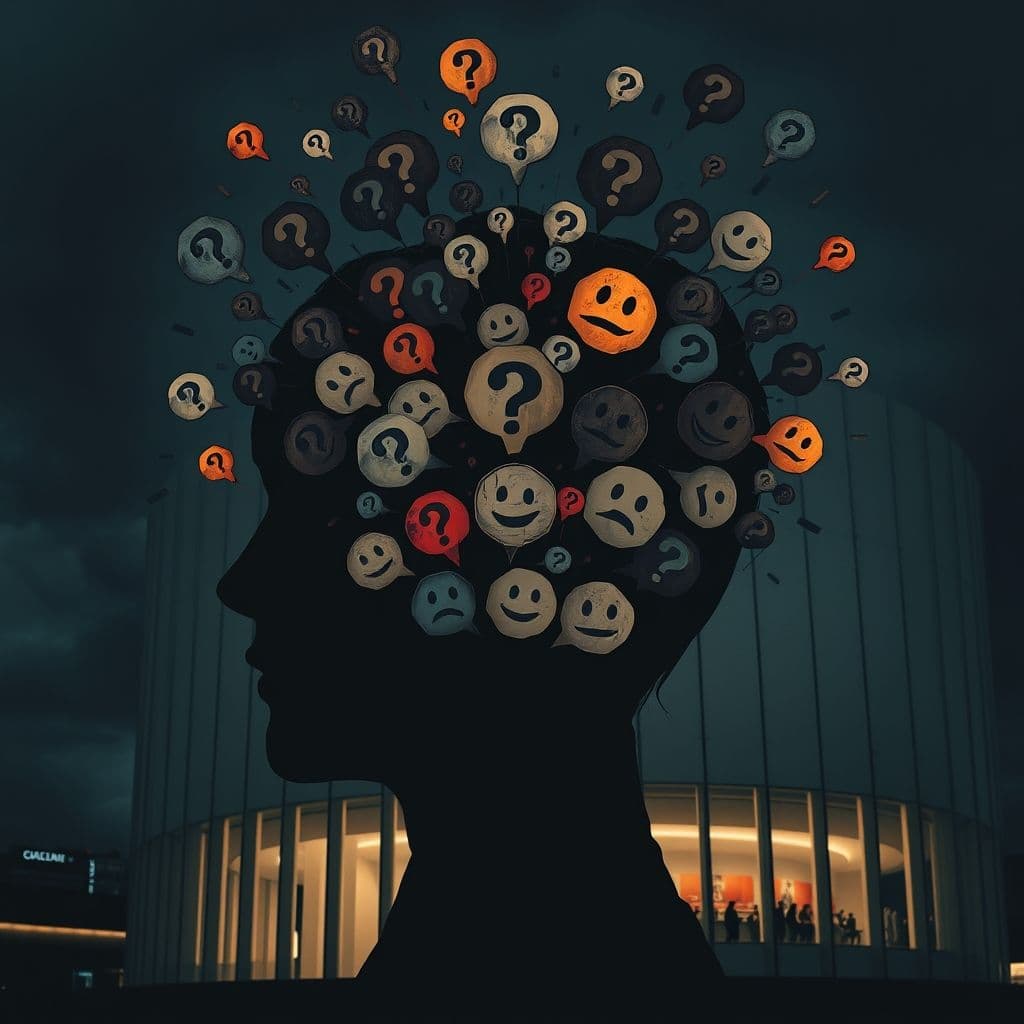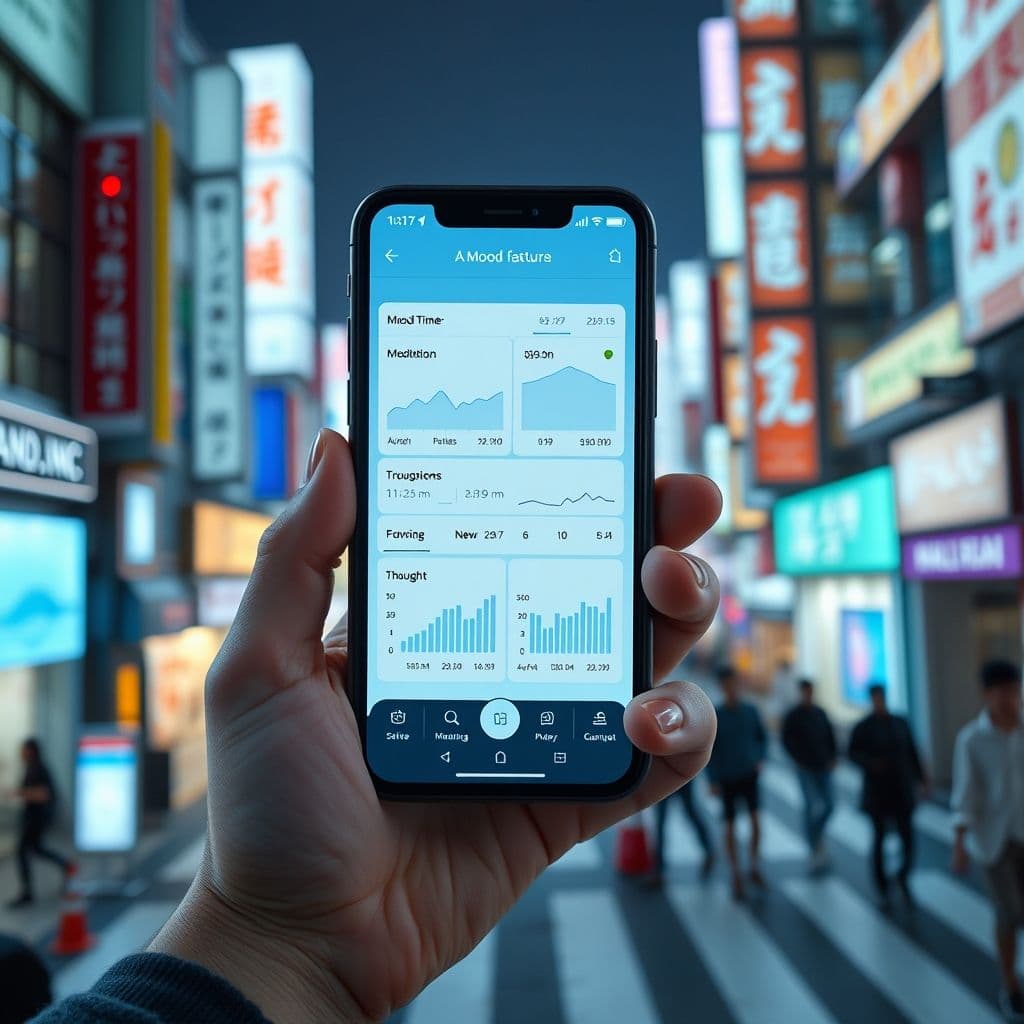Overthinking in Relationships: How a SaaS Solution Could Help

Overthinking in relationships is a silent struggle that affects millions. The constant mental chatter, the fear of abandonment, and the emotional exhaustion can take a toll on both the overthinker and their loved ones. But what if there was a SaaS solution designed specifically to help overthinkers manage their thoughts and emotions? Let's explore how such a platform could work and the potential benefits it could offer.
The Problem: Overthinking and Emotional Attachment
Overthinkers often find themselves trapped in a cycle of anxiety and doubt, especially in close relationships. As seen in the TikTok comments, users express how exhausting it is to constantly question their partner's actions, even when there's no real reason to doubt them. This behavior often stems from past experiences of abandonment or rejection, leading to a heightened sensitivity to any perceived changes in their partner's behavior.
The impact is significant: emotional exhaustion, strained relationships, and a constant state of anxiety. Many overthinkers wish they could just 'turn off' their overactive minds, but it's not that simple. They need tools and support to help them break free from this cycle.

A Potential SaaS Solution: How It Could Work
Imagine a dedicated mental health platform specifically designed for overthinkers in relationships. This hypothetical SaaS solution could offer a range of features to help users manage their thoughts and emotions more effectively. At its core, it would provide guided exercises based on cognitive behavioral therapy (CBT) principles to help users identify and challenge their negative thought patterns.
Key features might include real-time mood tracking, personalized coping strategies, and a secure journaling space to vent thoughts without judgment. The platform could also incorporate AI-driven insights to help users recognize their triggers and patterns over time. For those moments when overthinking spirals out of control, there could be emergency calming exercises and grounding techniques available at the tap of a button.

Potential Benefits and Use Cases
Such a platform could revolutionize how overthinkers manage their relationships. For individuals, it would provide 24/7 support when anxious thoughts arise, reducing dependency on partners for constant reassurance. Couples might use it together to better understand each other's emotional needs and communication styles.
The community aspect could be particularly powerful - connecting users with others who share similar struggles, reducing feelings of isolation. Therapists might recommend the platform as a supplemental tool between sessions. Over time, users could develop healthier thought patterns and more secure attachments in their relationships.
Conclusion
While overthinking in relationships is a complex challenge, technology has the potential to offer meaningful support. A dedicated SaaS platform could provide the tools and community that overthinkers need to break free from their mental patterns and build healthier relationships. The journey won't be easy, but with the right resources, peace of mind might be more attainable than they think.
Frequently Asked Questions
- How would this SaaS platform differ from existing mental health apps?
- Unlike general mental health apps, this hypothetical platform would focus specifically on relationship-related overthinking, with features tailored to attachment anxiety and interpersonal dynamics. It would combine therapeutic techniques with community support in a specialized package.
- Could this replace therapy for overthinkers?
- No, this would be designed as a supplemental tool, not a replacement for professional therapy. While it could provide valuable support between sessions, serious mental health concerns should always be addressed with licensed professionals.
- What would be the biggest challenge in developing such a platform?
- Creating algorithms that accurately identify harmful thought patterns without triggering users would be complex. The platform would need to strike a careful balance between providing insights and maintaining emotional safety for vulnerable users.


